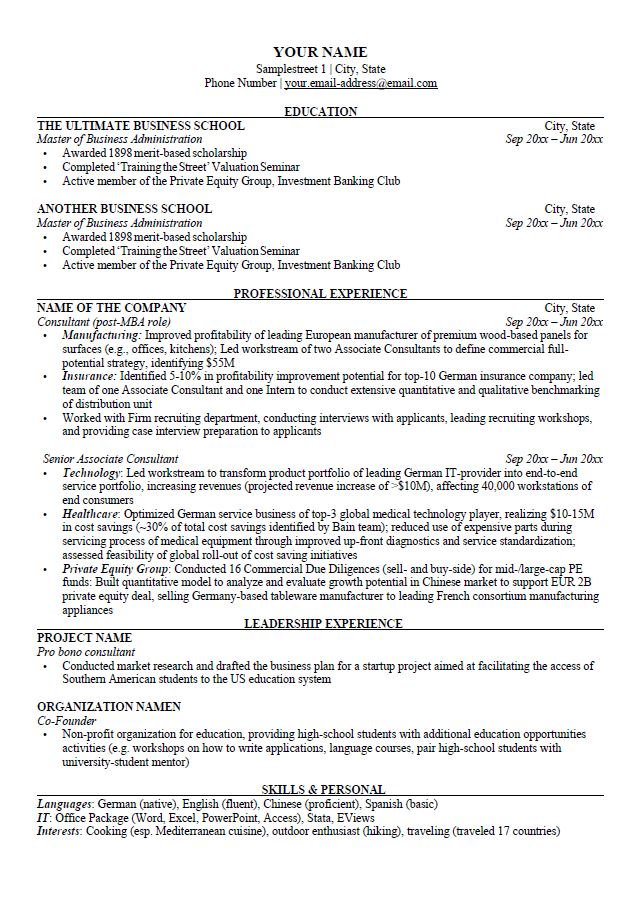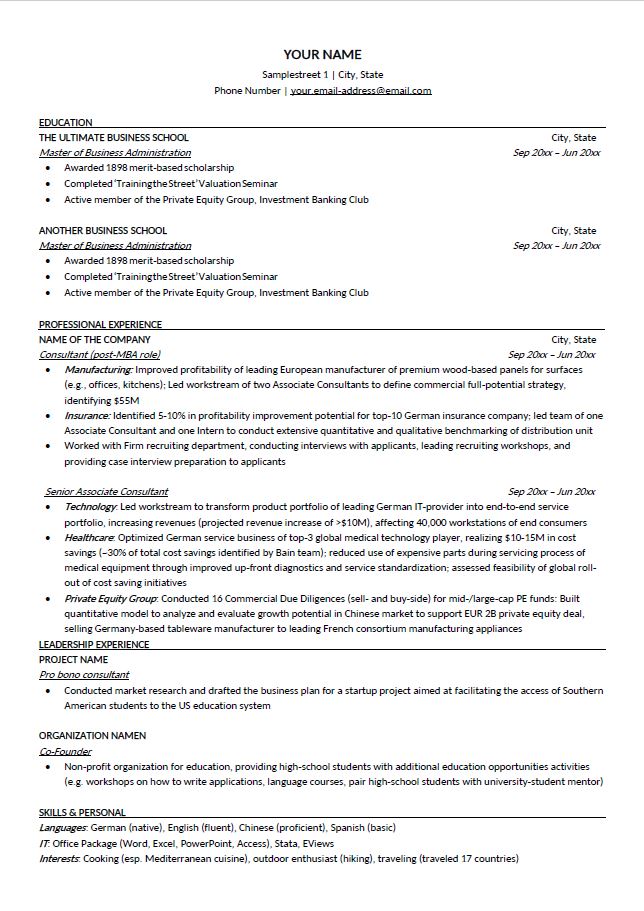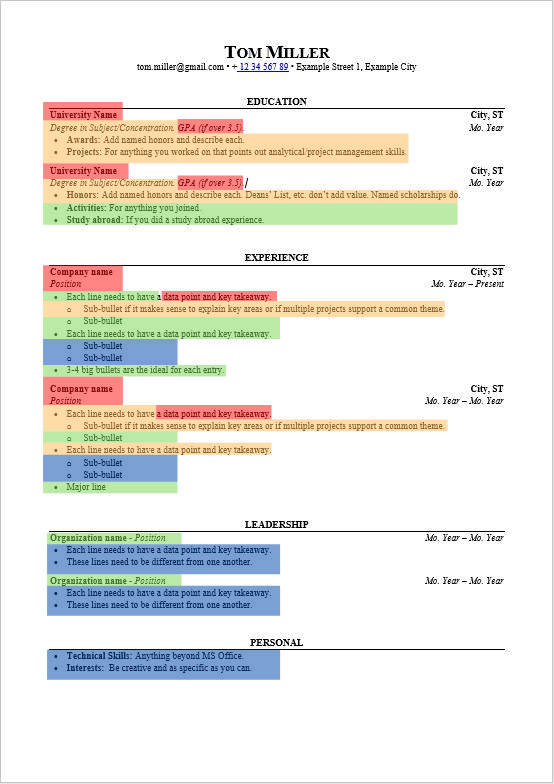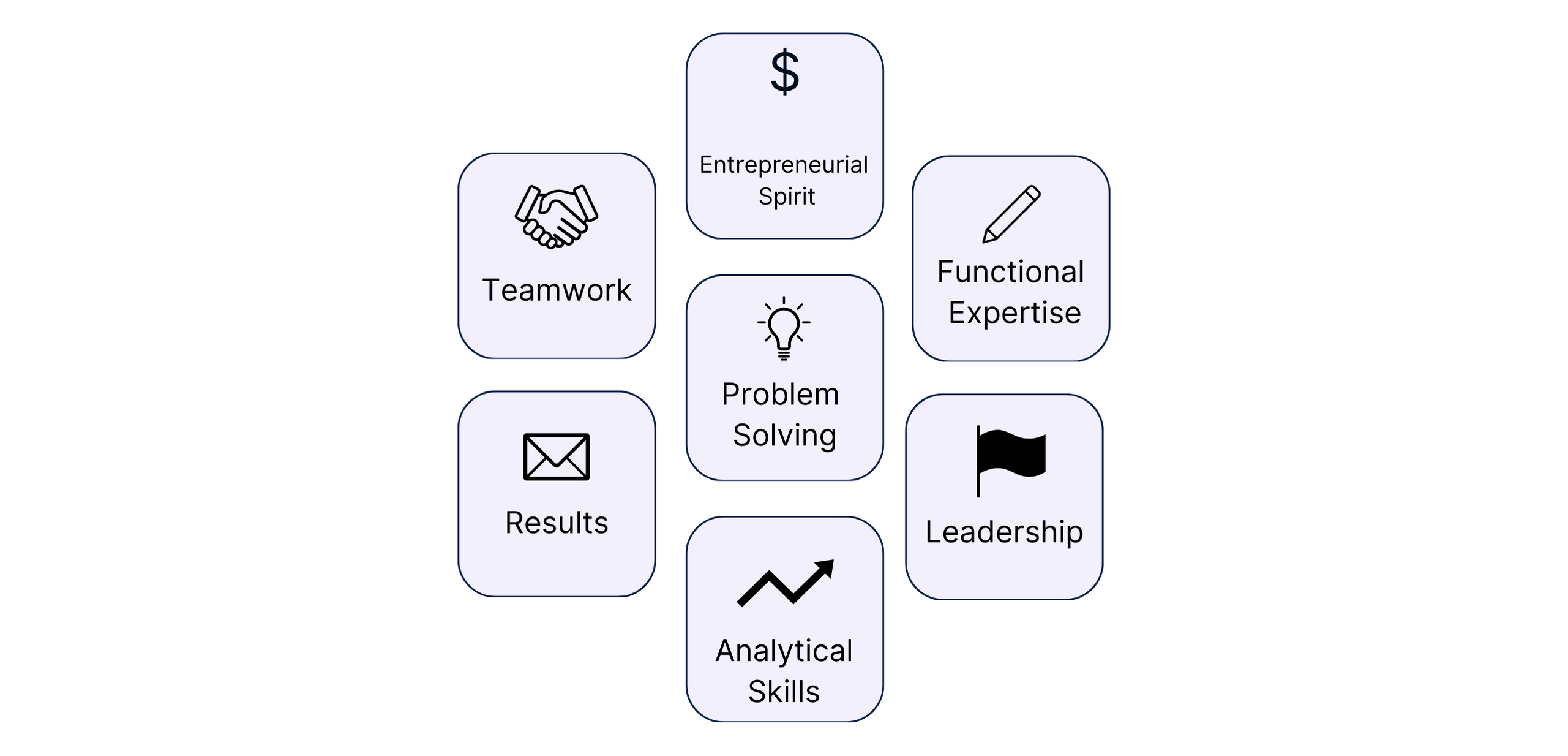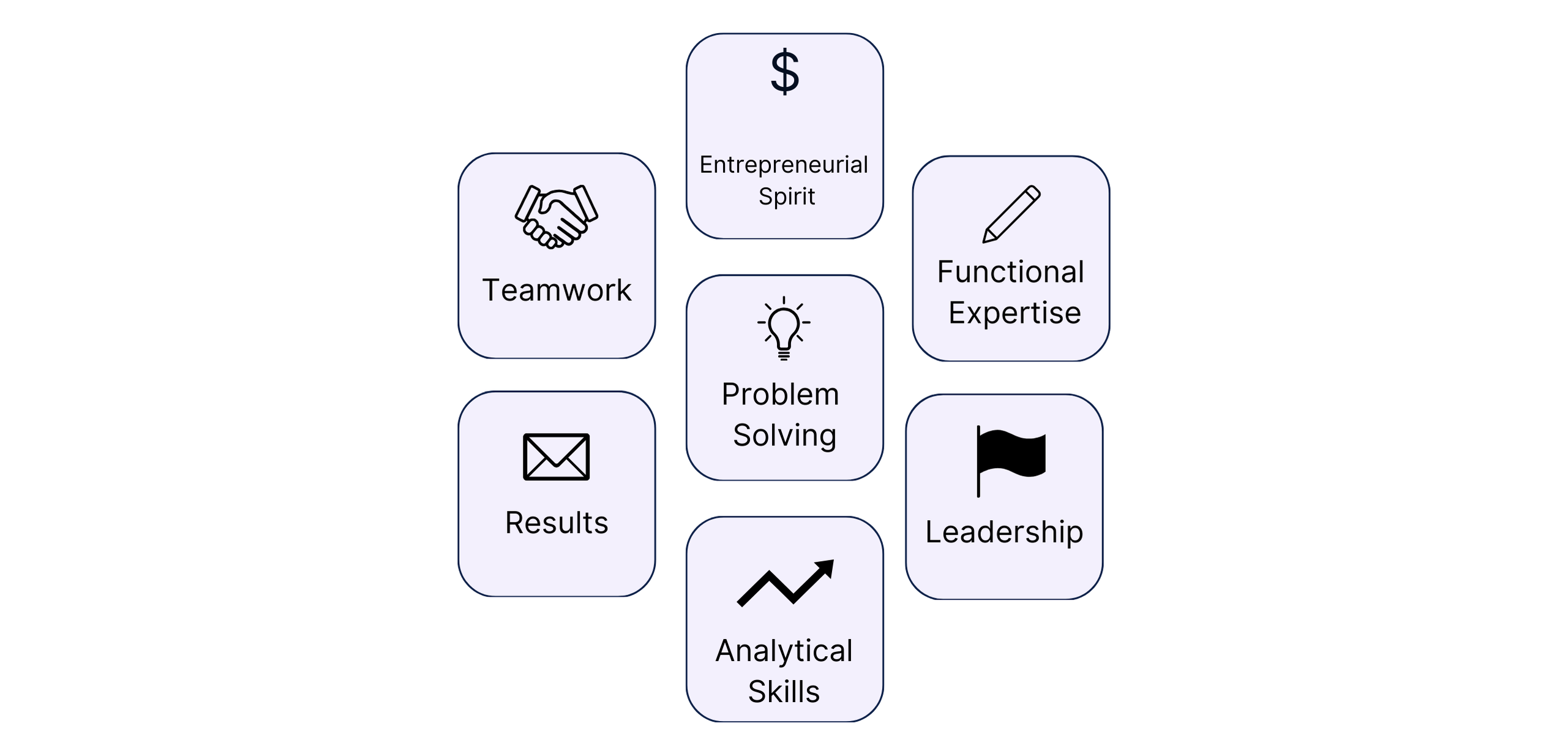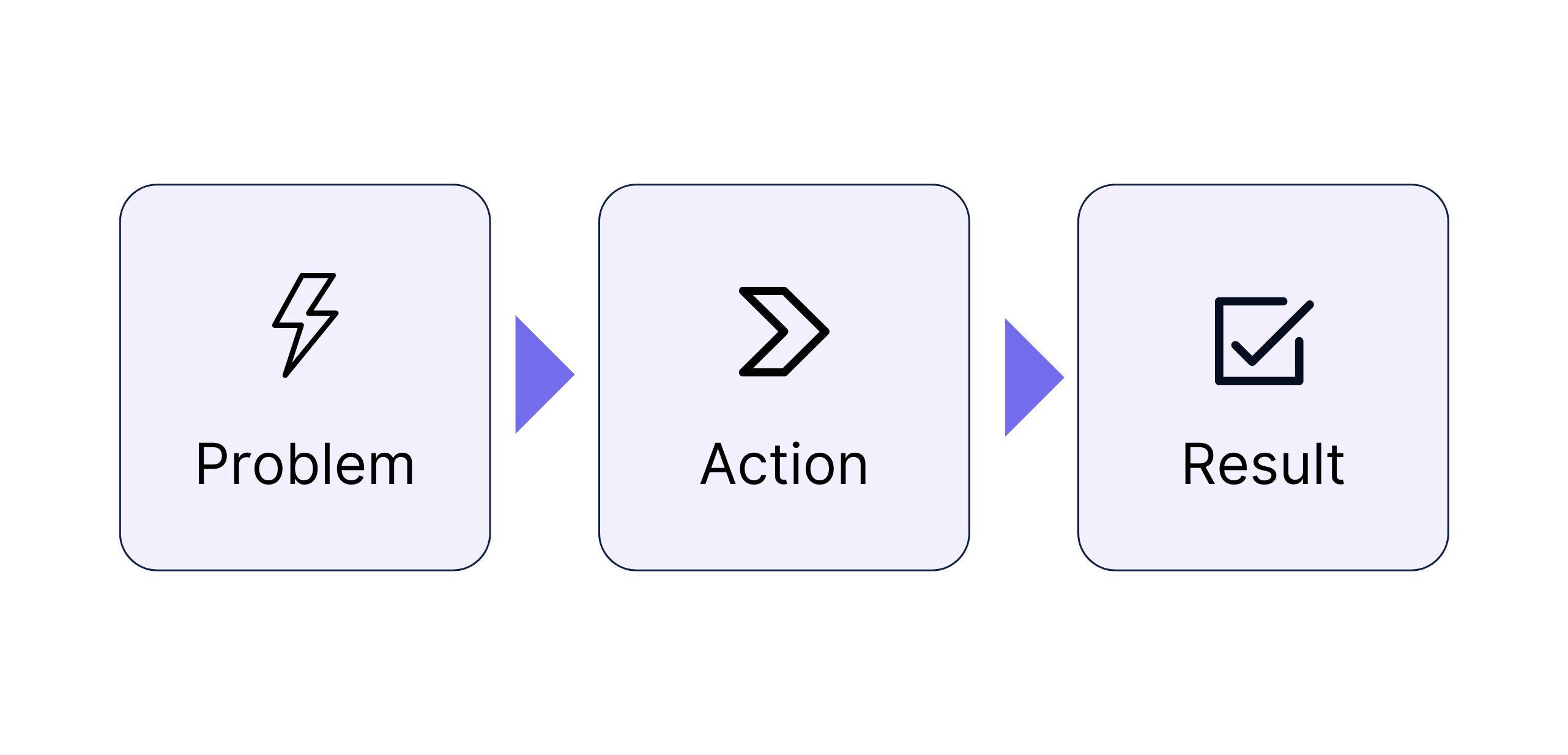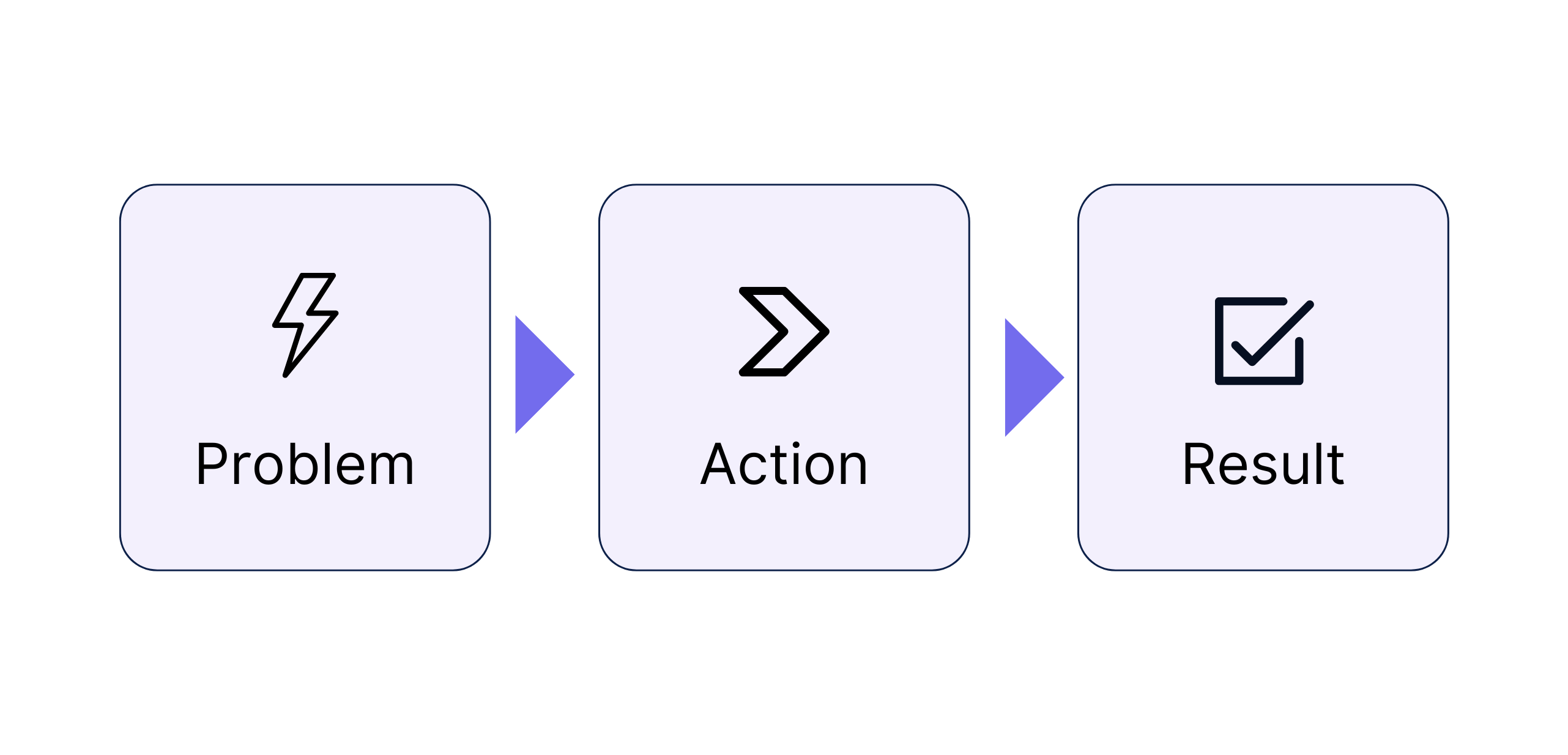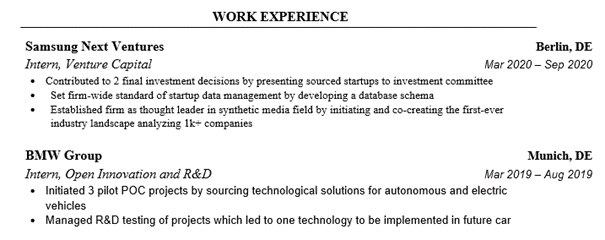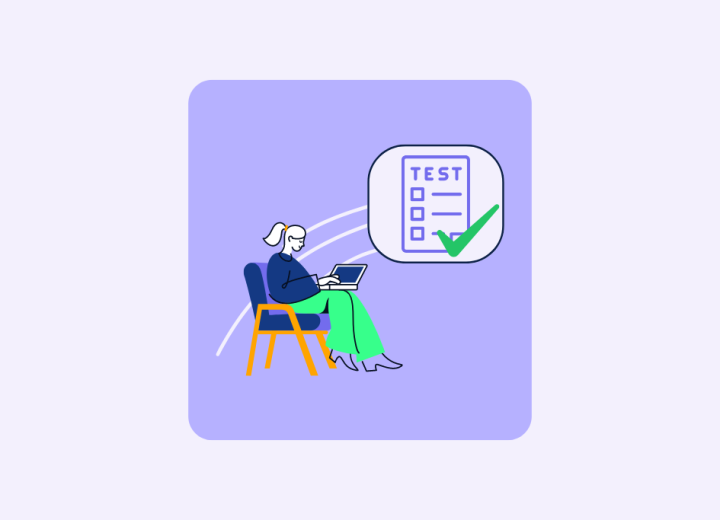Did you know that over 60% of management consulting applications will fail to make it past the initial screening phase? Their consulting resumes end up in the rejection pile, while the chances of a management consulting job drop to zero. Recruiting teams at top consultancies like McKinsey, BCG, or Bain (MBB) receive hundreds of applications, so they decide within just a few seconds if they want to take your CV forward. This makes your resume one of the most critical parts of the application process.
If you want to seriously pursue a career in management consulting, it is crucial that your consulting resume makes an instant good impression. Your CV must go into the actual requirements of a job in management consulting, so you can convince the reader instantly of your skills. In this article, we will explain to you step-by-step how to build a resume that will help you secure an invitation to your interview!


